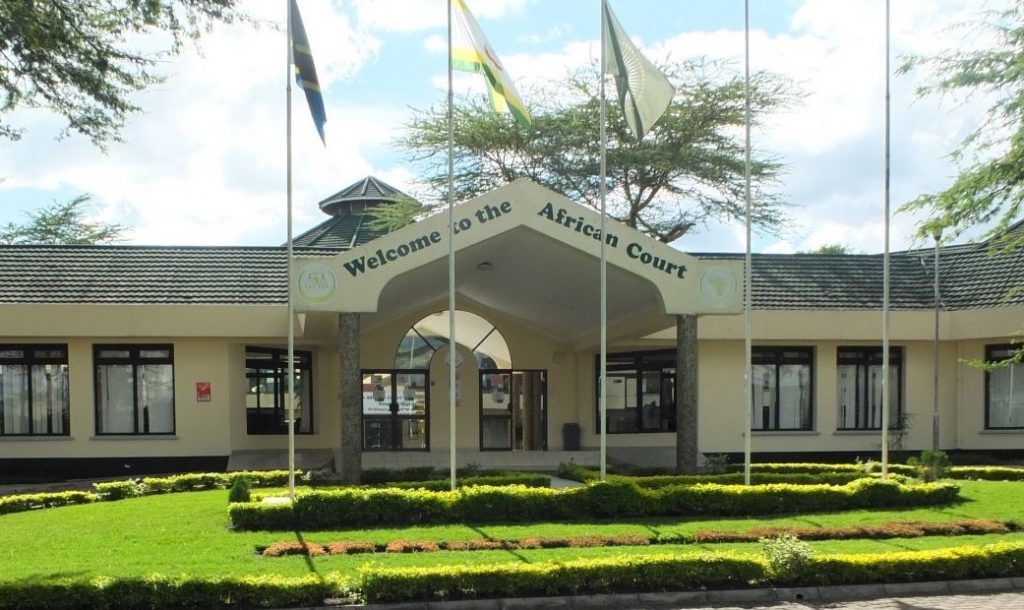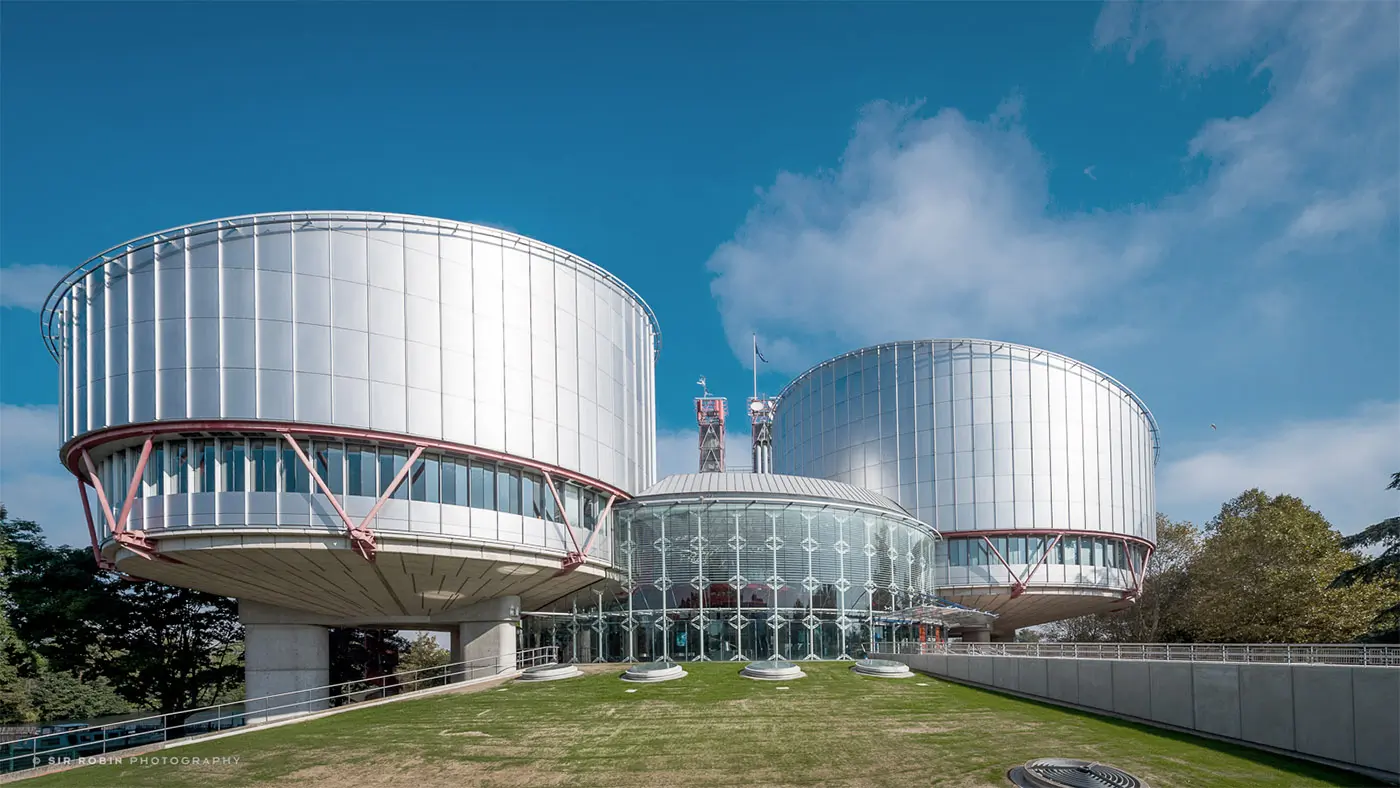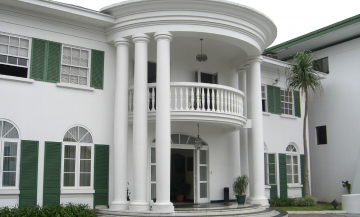Regional human rights courts, which today represent more than 50% of the global population, provide legal pathways for individuals and communities to hold states accountable for human rights violations within their respective regions. Strengthening these courts, and supporting the development of new regional mechanisms, would help ensure a more effective global human rights system.
Below is information on existing regional courts and other regional human rights mechanisms.
AFRICAN COURT OF HUMAN AND PEOPLE’S RIGHTS
Part of the African Union’s human rights system, the African Court on Human and Peoples’ Rights was established to complement the African Commission on Human and Peoples’ Rights. The newest of the three Regional Courts, it interprets and applies the African Charter on Human and Peoples’ Rights to ensure state compliance with human rights obligations.

EUROPEAN COURT OF HUMAN RIGHTS
Established in 1959, the ECtHR is an international court of the Council of Europe that interprets and enforces the European Convention on Human Rights. It allows individuals and states to bring cases of human rights violations against member states.

INTER-AMERICAN COURT OF HUMAN RIGHTS
Within the Organization of American States, the Inter-American Court of Human Rights enforces the American Convention on Human Rights. It hears cases on human rights violations and provides advisory opinions to strengthen rights protections in the region.

INTER-AMERICAN COMMISSION ON HUMAN RIGHTS
The Inter-American Commission on Human Rights is an independent Commission that reviews, hears and sometimes sends cases to the Inter-American Court of Human Rights.
Other Regional Human Rights Mechanisms
- The Arab Human Rights Committee oversees compliance with the Arab Charter on Human Rights.
- The ASEAN Intergovernmental Commission on Human Rights promotes human rights within Southeast Asia.
Dialogues Between Regional Human Rights Courts


Follow Us!